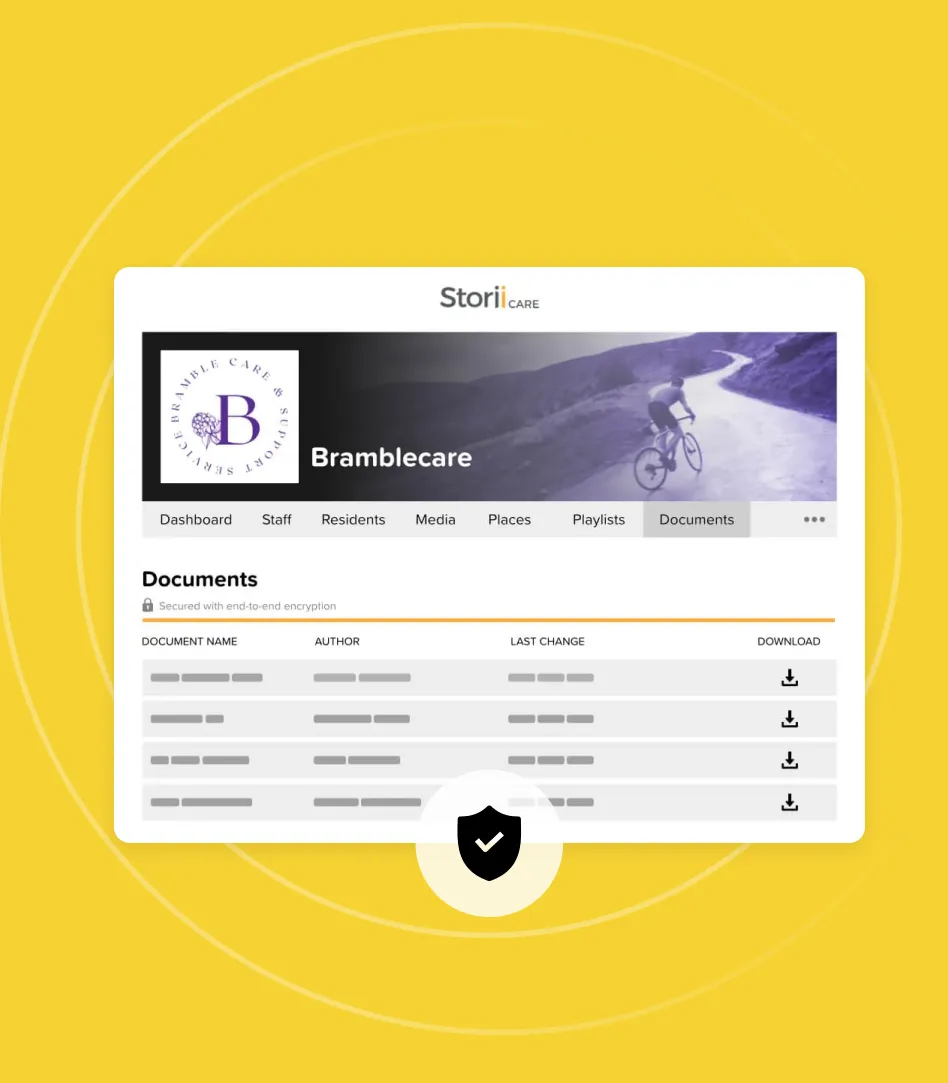7 Brain-Boosting Tips
Eat Brain–Friendly Foods
The brain is a very picky eater. For optimal brain function your diet should contain leafy, dark green vegetables, berries and fibre–rich whole grains. Some scientists have suggested that eating healthily does improve your memory but it can also lower your risk of diabetes, heart disease and may even reduce the risk of getting Alzheimer's disease. Here are some foods which researchers believe are vital to maintaining a healthy brain:
Fish: Salmon, mackerel, bluefin tuna and other fish that are rich in omega-3 fatty acids
Green Vegetables: Kale, collard greens, spinach & broccoli
Berries: Blueberries, strawberries and acai berries
Nuts and Seeds: Sunflower seeds, peanuts and walnuts
For more information on brain–friendly foods, have a look at the M.I.N.D diet.
Move Your Body
Experts all stress the importance of regular exercise and how it is not only vital in keeping your body healthy but also in preventing many diseases and maintaining a sharp brain. According to a study completed by the Department of Exercise Science at the University of Georgia, even brief exercise for 20 minutes facilitates improved information processing and memory functionality. If exercise is hard on your joints, as it is for many ageing adults, try water aerobics.
Stimulate Your Brain
Giving your brain a workout by staying mentally active is also important in order to keep your memory fresh. The more you stay engaged and stimulate your brain, the better you will be at remembering and processing information. You can do this by challenging yourself intellectually. Perhaps by learning something new, such as another language. The world is your oyster.
Establish a Sleep Routine
Maintaining a regular sleep cycle and sleep hygeine is the easiest thing you can do to keep your memory up to scratch. If your sleep is compromised, not only will your memory will be affected but your ability to problem solve will be hindered. Your critical thinking faculties will also suffer. The recommended number of hours of sleep for adults is between 7.5 hours to 9 hours a night. If you are short a few hours, don't worry – daytime napping will also make up for those lost zzz's.
Consider Vitamins & Herbs
Food for The Brain note that developing Alzheimer's is strongly linked to your body's level of the amino acid homocysteine. The lower your level of this toxic amino acid, the smaller your chances are of developing serious memory issues. A simple way to lower homocysteine is by taking B vitamins, which are relatively affordable. Also, Ginkgo Biloba is a natural plant which is thought to have potential memory enhancing effects – simply add it to your morning tea and reap the memory boosting benefits.
Try Meditation
The UCLA Brain Mapping Center suggests that your brain power begins to decline in your 20's. However, meditating regularly can delay the cognitive decline process and also prevent diseases such as Dementia & Alzheimer's. Meditation can not only enhance your memory but also increase your level of self-awareness and reduce your stress levels.
Expand Your Social Circle
Establishing a strong and diverse social circle is an excellent way to keep your memory sharp. Communicating with a group of people with different interests, opinions and thought patterns from your own can stimulate your mind, as can discussing subjects that differ from your usual day-to-day topics. Research has shown that those who maintain an active social network perform better in memory and concentration tests. So expand your horizons, join that new social club and your memory will be all the better for it.




.png)
.png)
.png)










